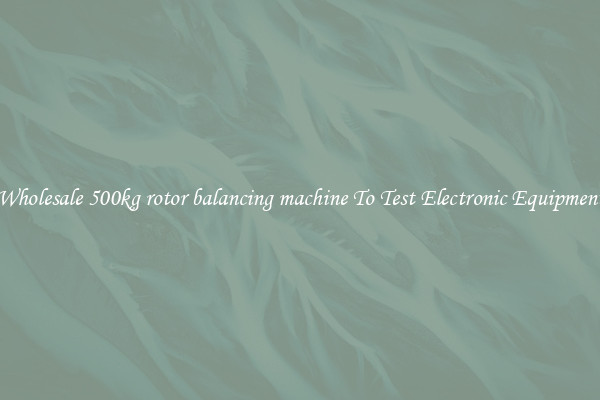Wholesale automation testing To Test Electronic Equipment
Wholesale automation testing has revolutionized the way electronic equipment is tested in the manufacturing industry. This process has significantly improved efficiency, accuracy, and reliability, leading to higher-quality products and increased customer satisfaction.

Automation testing involves the use of advanced software and hardware tools to perform various testing tasks on electronic equipment. These tools can simulate real-world scenarios, perform repetitive tests, and collect data for analysis. This comprehensive testing approach ensures that the equipment meets or exceeds the required standards before it is released into the market.
One of the key advantages of wholesale automation testing is its ability to detect defects early in the production process. Traditional manual testing methods often rely on human operators to identify issues, which can be prone to errors and oversights. With automation, tests can be consistently and accurately executed, minimizing the risk of defective products reaching the end-users.
Furthermore, automation testing allows manufacturers to test a larger number of units in a shorter span of time. By automating repetitive and time-consuming tasks, test cycles can be completed quickly and efficiently. This accelerated testing process enables manufacturers to meet tight deadlines and increase their production output without compromising quality.
Automation testing also improves the accuracy and reliability of test results. The tools used in this process provide precise measurements and data collection, eliminating the inconsistencies that may arise from manual testings. This enables manufacturers to have a better understanding of their equipment’s performance and make informed decisions based on the collected data.
Another benefit of wholesale automation testing is the reduction in costs associated with manual testing. Hiring and training human operators can be costly, especially when it comes to testing large quantities of electronic equipment. By automating the testing process, manufacturers can save on labor costs and allocate resources more effectively.
Wholesale automation testing also plays a crucial role in ensuring compliance with industry standards and regulations. Electronic equipment needs to meet specific requirements, such as safety standards, performance specifications, and electromagnetic compatibility. Automation testing can simulate these conditions and verify that the equipment meets the necessary criteria, ensuring that it is safe and reliable for consumers.
In conclusion, wholesale automation testing has revolutionized the testing process for electronic equipment manufacturing. Its ability to detect defects early, increase testing efficiency, improve accuracy, reduce costs, and ensure compliance has made it an indispensable tool in the industry. By implementing wholesale automation testing, manufacturers can achieve higher-quality products, enhance customer satisfaction, and gain a competitive edge in the market.

View details

View details

View details

View details








